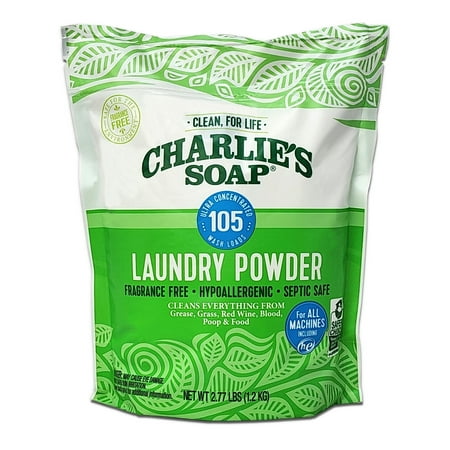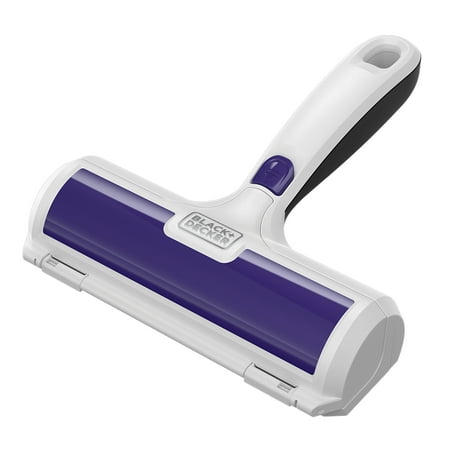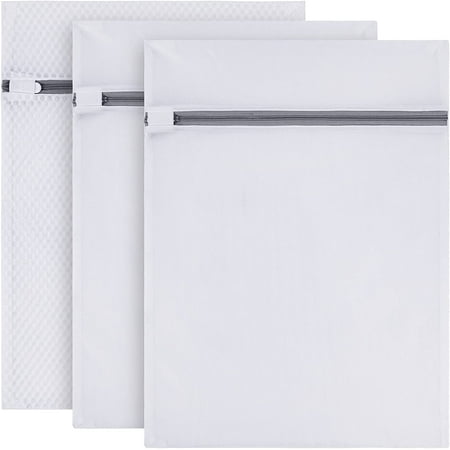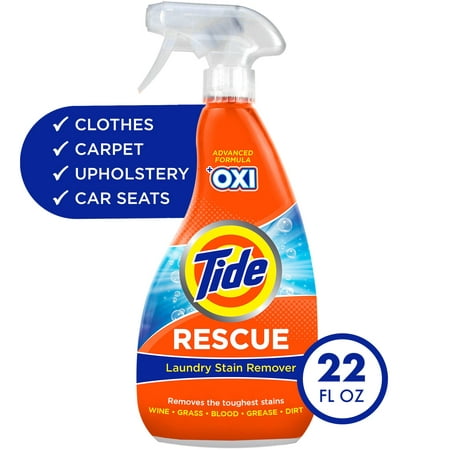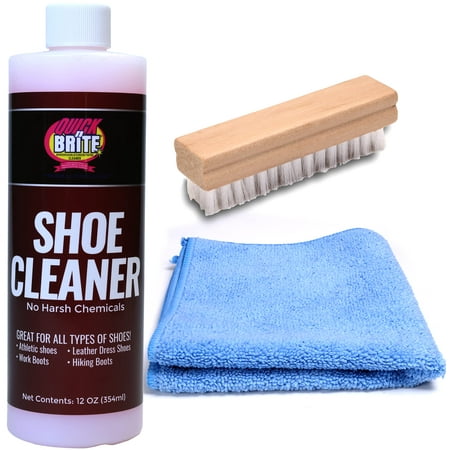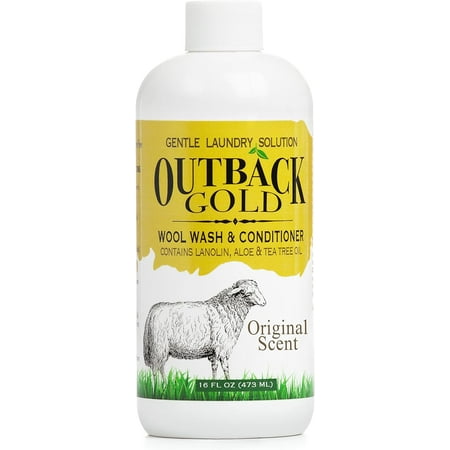15 things to never put in the washing machine – and how to clean them instead
Does doing laundry get your head in a spin? Avoid any disasters by never washing these items in your machine


No doubt keeping on top of your laundry can often feel like a never-ending task. When it comes to tackling the piles of washing, clothes are the easy part- but what about all those things, like memory foam, toys, and wool that you’re not quite sure can go in?
Laundry symbols are confusing enough, and often they don’t provide all the answers. From delicates to running shoes, some items are better off being hand washed than thrown in your weekly wash- to avoid shrinking, damaging your washing machine, or worse, damaging your favorite clothes.
So, while you may be pondering laundry room ideas, how do you know what can and can’t go in your washing machine? We talked to laundry experts to get the laundry lowdown and learn the ins and outs of what to never put in your washing machine.
15 things to never put in the washing machine
So, to avoid any laundry disasters, and get the most out of your laundry room essentials, look no further than this guide.
1. Delicates
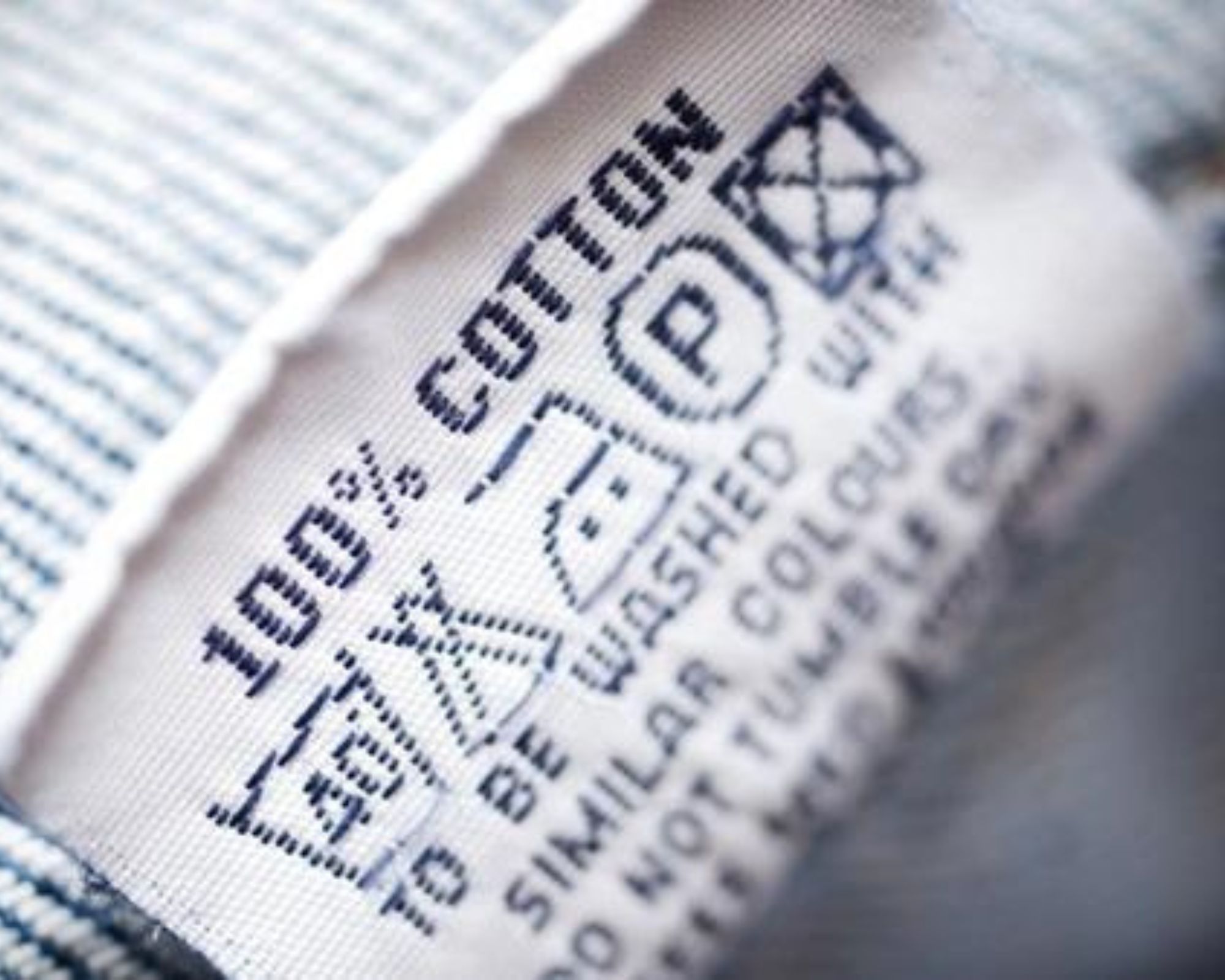
While there are laundry rules you can break, this is probably the most well-known no-no when it comes to washing machines. Washing your precious delicates, like silk garments or underwear, can ruin them completely.
‘These fabrics can be easily damaged by the agitation and spinning of the washing machine,’ says Rechelle Balanzat, founder and CEO of Juliette Laundry.
‘They may lose their shape, shrink, or even tear.’ To avoid this, consider hand washing or use a gentle cycle specifically designed for delicate items. And, if you’re wondering what the delicate setting on a dryer is, it can be used to safely dry these items when you don’t have time to air-dry them. Just be sure to use a tumble dryer temperature guide.
2. Down

Washing down is notoriously difficult, so you may be wondering if you can wash a feather pillow or bedding. The answer is that putting either in your washing machine is, unfortunately, best avoided.
‘Down can be problematic because water (and dirt) can become trapped in the microtubules of the feather,’ says Taylor Sutherland, president of Charlie’s Soap. ‘You can wash down in Charlie’s Soap because the water becomes so wet that it won’t become trapped.’
Most importantly, Sutherland adds, be sure to dry these items thoroughly after washing, to avoid mold and other issues arising.
3. Items with pet hair
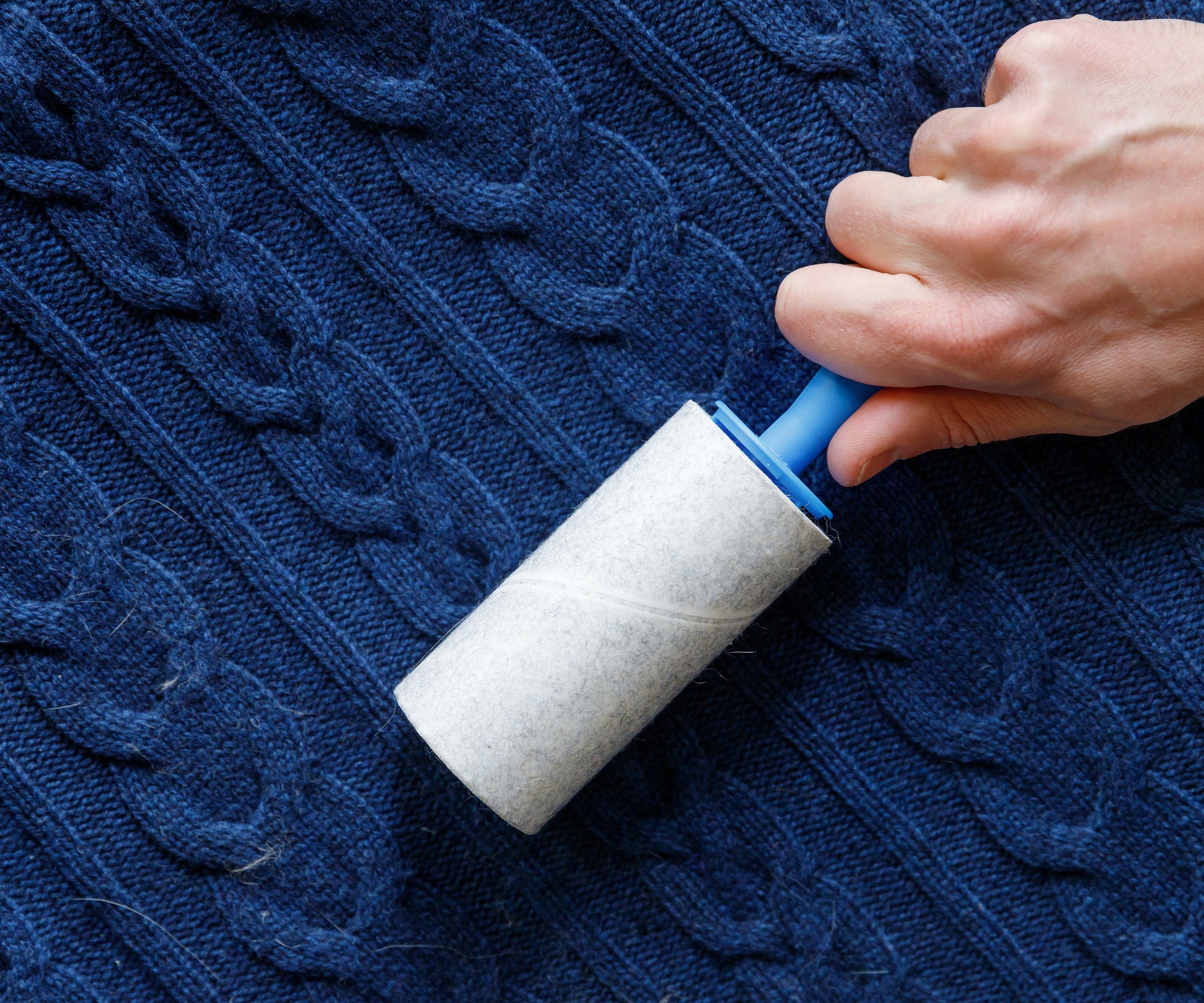
If you have a pet that sheds, your home and clothes are likely to be constantly coated in hair. While these will regularly need washing, putting them in your washing machine will only cause clogs.
‘Pet hair can clog the washing machine’s drain and filter, leading to potential malfunctions and inefficiencies,’ says Balanzat.
If you don’t want to hand wash these items, use a lint roller or brush before washing to remove as much as possible, she recommends.
4. Leather or suede

Leather and suede are two materials that should never be put in your washing machine, as it will damage them, and may render clothing unwearable.
‘Water and agitation will ruin them,’ says Matt O'Connor, co-founder of NoScrubs Laundry Delivery and cleaning and laundry expert. ‘They need special care,’ so take them to a dry cleaner to protect them, which will ensure they last for years to come.
5. Heavy items

Large items, such as rugs and blankets, will increase in weight dramatically when wet, which could cause issues for your washing machine.
‘These can unbalance the washing machine, causing it to malfunction or damage the drum,’ says Balanzat. Instead, use a commercial-grade washing machine designed for heavier loads, which can be found at your local launderette.
Deloading the drum will stop a washer from shaking.
6. Stuffed toys

Knowing how to wash stuffed animals can be difficult to get the hang of, particularly if they’re treasured companions, where knowing how to wash them properly is essential.
‘Stuffed animals can be a problem since it’s hard to wring the water and dirt out of them due to their non-wringable nature,’ says Sutherland. Therefore, it’s best to keep them out of the washing machine altogether, and dry clean them or spot clean only.
7. Cashmere
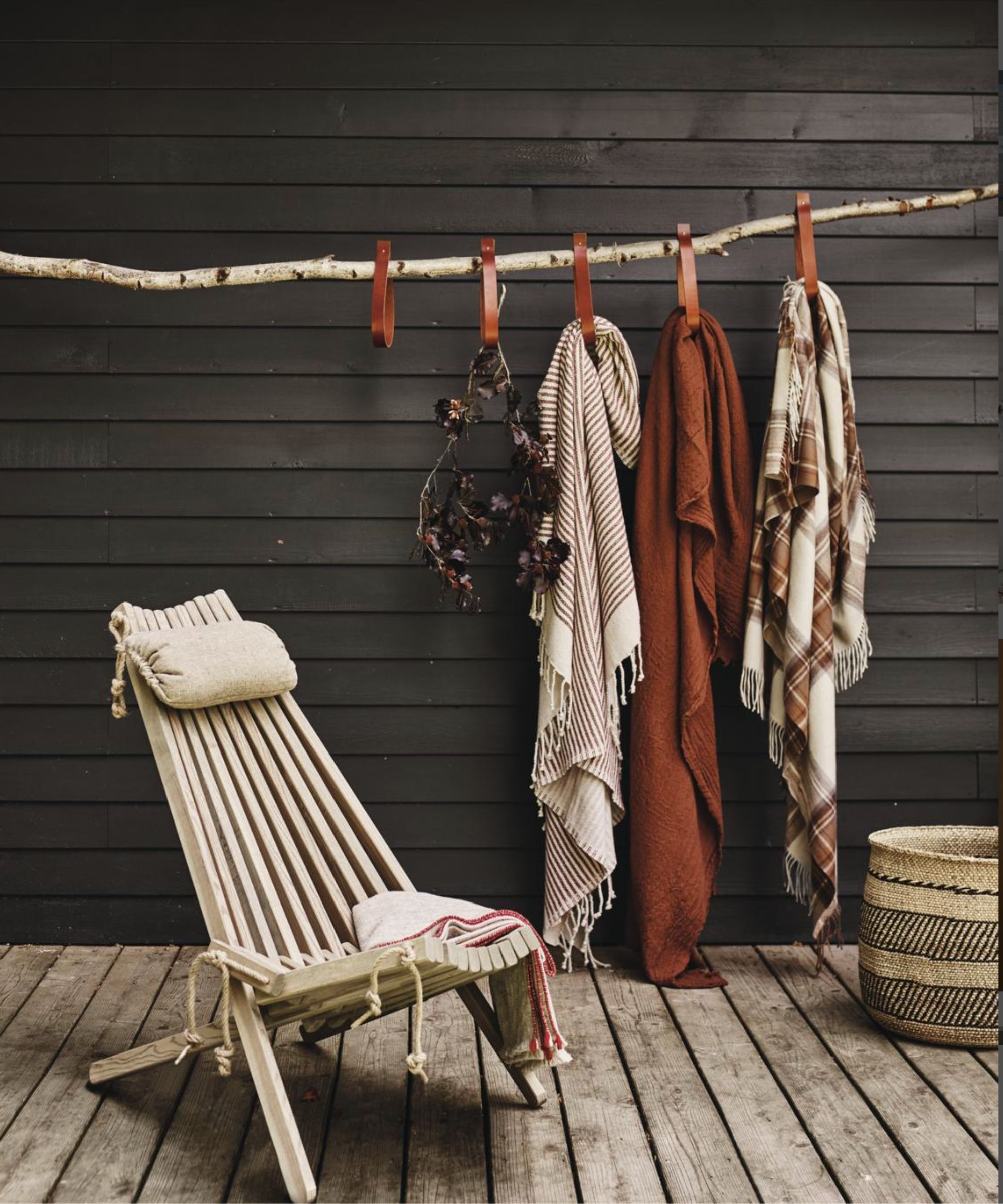
As one of the most expensive materials, caring for your cashmere when washing it is important to maintain the quality of your items.
‘I don’t recommend washing wool or cashmere sweaters in the washing machine,’ says Alessandro Gazzo, cleaning expert at Emily’s Maids. ‘If you have an emergency and you absolutely need to use the washing machine, select cold water and put them inside a mesh bag first,’ but, to be on the safe side, it’s nearly always better to hand wash them or get them dry-cleaned.
8. Flammable stains

This one might not be as well-known, but washing flammable stains can actually be extremely dangerous.
‘Residual flammable substances can ignite in the dryer, posing a fire hazard,’ says Balanzat. ‘Pre-treat these stains with a suitable solvent and rinse thoroughly before washing,’ which will help avoid any issues.
O’Connor also recommends against this, warning: ‘The smell will linger forever.’
9. Coins and metal objects

Coins and metal objects are usually washed by mistake, so it’s important to check your garments thoroughly before throwing them in the machine.
‘These can damage the drum and the interior of the washing machine,’ says Balanzat. ‘They can also get stuck in the drainage system,’ so remember to check your pockets before you wash clothing.
10. Running shoes

While your running shoes need regular washing, you don’t want to damage expensive trainers by washing them incorrectly, particularly if they have gel soles.
‘The gel can be damaged by the washing machine, and the shoes might lose their shape,’ says Balanzat. Instead, hand wash them, use a specialized shoe cleaner, or take them to your dry cleaners.
11. Wool

It’s not a good idea to put your favorite wooly jumpers in the washing machine, as they are prone to shrinking due to the natural lanolin present in wool.
‘Detergents can wash away that lanolin making it brittle,’ says Sutherland. ‘If you have to wash it, rinse with a lanolin rinse to restore these oils,’ like this one from Walmart.
12. Memory foam pillows
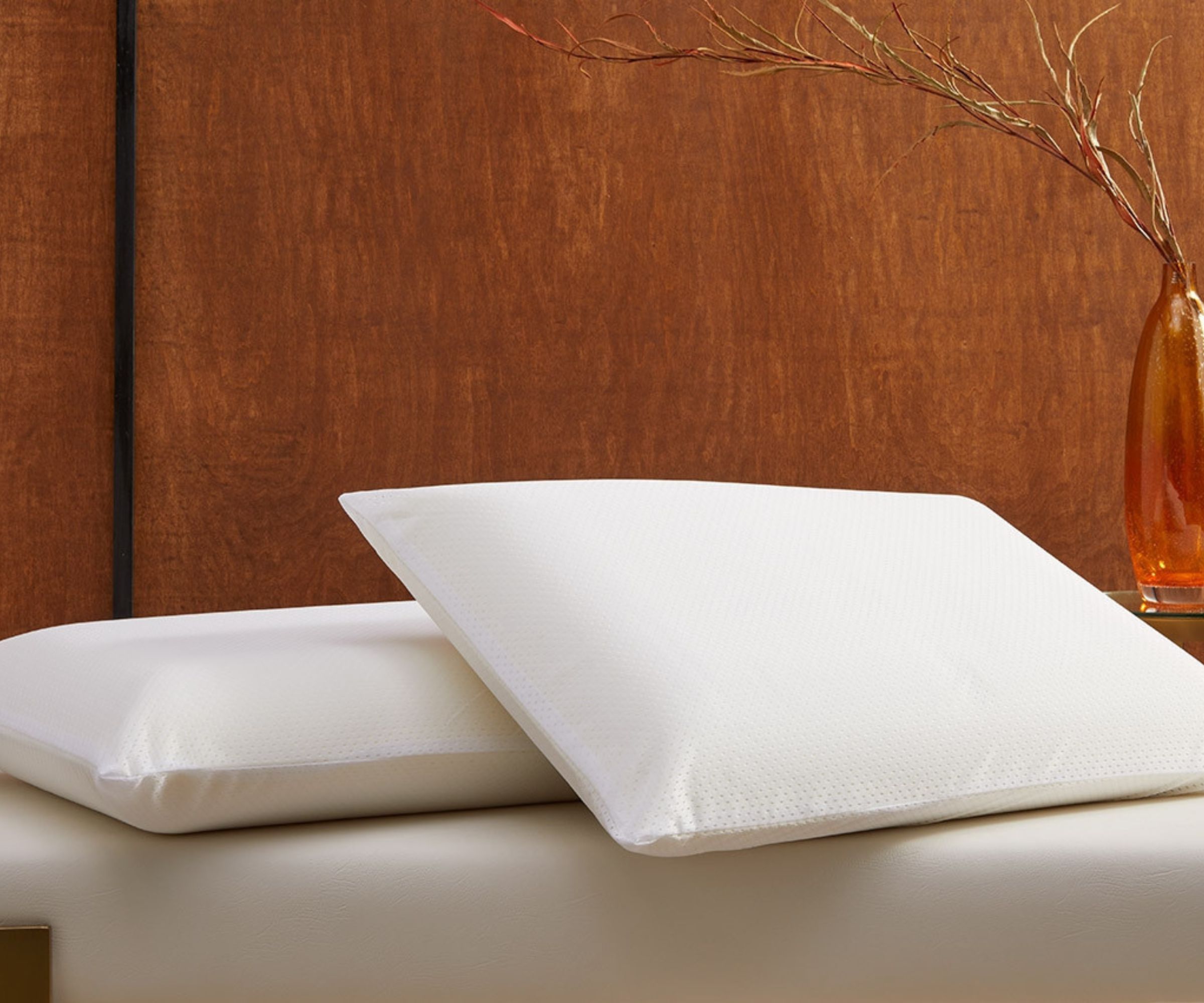
If you’ve been wondering if you can wash memory foam pillows, the answer is yes – but not in the washing machine.
‘The agitation can break down the foam, causing it to lose its shape and support,’ says Balanzat, which will ruin both your expensive pillows and your good night’s sleep.
Instead, opt for spot cleaning with a mild detergent where necessary and air-dry, and use a pillow protector under your pillowcase for extra protection against staining.
13. Keys and jewelry

Again, it’s likely you will only wash your keys or jewelry by mistake, but it can pose serious risks to both your washing machine and belongings.
‘These hard items can damage the drum and internal components of the washing machine,’ says Balanzat, so be sure to check any pockets before placing items like trousers and jackets in the wash.
14. Embellished clothing

Keep your sequined or beaded clothing away from the washing machine to avoid damaging or ruining them for good.
‘Anything with sequins or beading is a no-go,’ says O’Connor. ‘Those will come off and possibly damage your machine,’ so be sure to carefully hand wash them instead, or send them in for dry cleaning.
15. Waterproof items

Finally, you may have been wondering how to wash a shower curtain, but washing waterproof items in your washing machine is advised against.
‘Items such as shower curtains and some mattress covers can trap water inside, causing imbalance and potential damage to the washing machine,’ says Balanzat. ‘Always check the care label for washing instructions, and consider hand washing if necessary.’ Regularly replacing your shower curtain, particularly in the event of mold, is also recommended.
FAQs
Can you put wet towels in the washing machine?
If your towels are soaking wet, it’s recommended to spin-dry them first. This may seem counterproductive, but putting them in sopping will mean they are unable to soak up any detergent. This is crucial for washing and ensuring they are clean, removing perspiration, odors, and stains.
Is it OK to leave a washing machine on overnight?
While it may seem efficient and tempting to get your washing loads done overnight, it’s important to not leave washing unattended due to fire hazards posed by washing machines.
Tumble dryers should also not be left on overnight, to avoid any potential dangers.
Most importantly, most mishaps can be avoided if you proceed with caution. ‘Always check the care label for washing instructions, and consider handwashing if necessary,’ says Balanzat.
Sign up to the Homes & Gardens newsletter
Design expertise in your inbox – from inspiring decorating ideas and beautiful celebrity homes to practical gardening advice and shopping round-ups.

Ottilie joined Homes & Gardens last year, after finishing a Master's in Magazine Journalism at City, University of London. With previous contributions in Livingetc and Motorsport Magazine, she produces content for the Solved section on the website, focusing on clever tips and tricks to keep your home beautiful, organized and clean. She also has an undergraduate degree in English Literature and History of Art from the University of Edinburgh, where she developed a love for inspiring interiors and architecture.
-
 ‘It leads to more headaches than it's worth’ – 4 reasons you should never store things in your oven, including fire risks and serious illness
‘It leads to more headaches than it's worth’ – 4 reasons you should never store things in your oven, including fire risks and serious illnessYour oven is for cooking, and cooking only, experts urge
By Chiana Dickson
-
 Urban gardening ideas – 7 creative ways to grow in small spaces, balconies, containers, indoors, and more
Urban gardening ideas – 7 creative ways to grow in small spaces, balconies, containers, indoors, and moreMake the most of your space with these innovative ways to garden
By Tenielle Jordison
-
 I've spent over 200 hours testing vacuums and swear by my two Dysons – this is how I properly clean a Dyson vacuum filter for longer-lasting appliances
I've spent over 200 hours testing vacuums and swear by my two Dysons – this is how I properly clean a Dyson vacuum filter for longer-lasting appliancesYour Dyson vacuum will last much longer and clean at its best
By Dan Fauzi
-
 Do cleaning products expire? Professional cleaners warn time could make them ‘less effective, and in some cases, irritating to use’
Do cleaning products expire? Professional cleaners warn time could make them ‘less effective, and in some cases, irritating to use’For the best results, it pays to stay on top of the timeline of your cleaning products
By Chiana Dickson
-
 How to clean a patio – 6 different methods, and when you must use a chemical cleaning agent
How to clean a patio – 6 different methods, and when you must use a chemical cleaning agentFrom manual scrubbing, natural solutions or calling in the pros, industry experts reveal the benefits and considerations of each method
By Andy van Terheyden
-
 5 surprising but brilliant ways to clean with old socks – from perfectly buffing stainless steel to deterring pests naturally and more
5 surprising but brilliant ways to clean with old socks – from perfectly buffing stainless steel to deterring pests naturally and moreTackle dust in tricky corners, clean your mirrors and even banish bad odors with those rogue single socks
By Andy van Terheyden
-
 5 things people with clean upholstery always do – simple, quick and oh-so-effective
5 things people with clean upholstery always do – simple, quick and oh-so-effectiveEnsure your furnishing looks clean year-round with these expert tips
By Seraphina Di Mizzurati
-
 'Wick away the ick' – 6 things people with clean laundry rooms always do to make this hardworking space shine
'Wick away the ick' – 6 things people with clean laundry rooms always do to make this hardworking space shineThese tips on how to clean your laundry room will banish grime
By Seraphina Di Mizzurati
-
 How safe are carpet deodorizers? As a seasoned vacuum tester, I urge you to try alternative methods
How safe are carpet deodorizers? As a seasoned vacuum tester, I urge you to try alternative methodsNatural cleaning is always the answer
By Dan Fauzi
-
 'The world will not end' – 5 cleaning habits to quit for a happier, easier life, and what to do instead
'The world will not end' – 5 cleaning habits to quit for a happier, easier life, and what to do insteadGet your home sparkling, minus the stress
By Ciéra Cree
